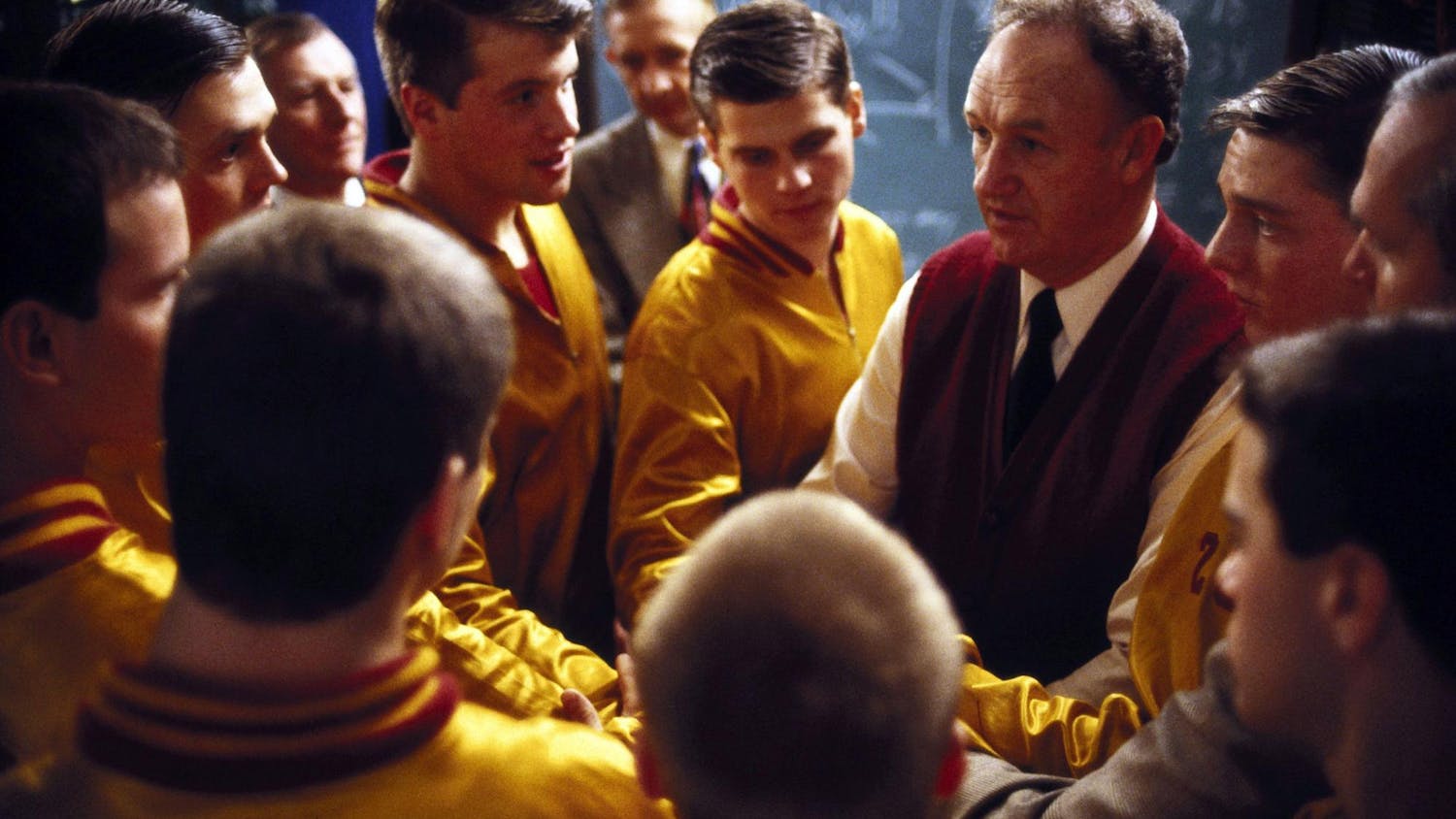For years Janice Barnett took care of her son like any mother would -- she fed him, clothed him and watched him go to school. She felt proud when Jim attended space camp in Alabama. When camp ended, Barnett said her son had developed a love for space exploration. But there was a setback.\nJim suffers from autism, a developmental disorder that hinders communication and social interaction. However, this hasn't stopped Jim from living a "normal" life, his mother said.\n"Jim is very fortunate, in that he is extremely high functioning," Barnett said. "He has the ability to speak and to comprehend most things."\nChildren with autism and their families face many hurdles. Besides discrimination and fear, there are also financial woes that plague most families. \nThankfully, people like Nina Forest have come to their rescue.\nForest recently opened the Life Learning Center, a behavior therapy and resource center for children with autism, in Columbus, Ind., which she feels will fill an important void for autistic teenagers. Through the center's efforts, children will receive behavioral therapy for two weeks at no cost to their family. In exchange, the children will participate in research -- in hopes that a cause for autism will be found.\nForest herself is the mother of an autistic teenager. After seeing her daughter Fawn's struggles, she said she felt compelled to do something.\n"My daughter is the driving force to my opening the center," she said. "My passion for this project emerges from finding that these kinds of services for autistic, Downs and mentally retarded teens are almost non-existent ... I found that autism services that make the most difference are costly, and they are not covered by insurance."\nForest said she began the center while in the process of preparing a manual of behavioral programs. \n"I already had a behavioral therapy background working with disabled teens and children, including those with autism and developmental delays," she said. "I was also knowledgeable of funding trends for autism research. This background blended well with starting this business."
AUTISM SPECTRUM DISORDER\nDr. Scott Bellini, the assistant director for the Indiana Resource Center for Autism, estimated that one in 186 students in Indiana have been identified as having an autism spectrum disorder. \n"The number of students with autism spectrum disorders is increasing at a rate of approximately 20 percent a year, according to the Indiana Department of Education," he said. "One reason behind this increase could be that we are simply more aware of autism now; there are not more individuals with autism spectrum disorders, just more people diagnosed with it."\nBellini said environmental toxins, such as lead and mercury, food additives, preservatives and childhood vaccines, like MMR and Hepatitis B, have been leading targets of speculation regarding the increase in autism spectrum disorders.\nNancy Kolovrat, the comptroller for the Life Learning Center, said she hopes that the center will help people to be more open-minded about autism. She said she sees a solution to the discrimination that autistic adolescents like Fawn face at times. \n"Working at the center has enhanced my belief that society can be educated and understand how special people with any mental disability can be," she said. "The way you approach an individual is so important, and if you're intimidated by a person with special needs, you will not see the potential to interact and build a relationship."
EDUCATING THE PUBLIC\nForest said she is optimistic about the future of the Life Learning Center.\n"Eventually, we would like to be set up as a year-round center. Right now, I would like the center to be ready to take clients when school is out in 2005," she said. "The goals are to bring the autistic teen and the primary caregiver, free of charge to the family, to the center for two weeks of intensive training and testing, with follow-up support and programs to implement back at home over a period of years."\n Dr. Bellini said he hopes to dispel a common myth about autistic individuals.\n"The general public's perception of autism is often influenced by how autism is portrayed in the popular media. People often think of Dustin Hoffman's character in 'The Rainman' when they think of autism," Bellini said. "What folks need to realize is that Dustin Hoffman's character is a compilation of numerous individuals with autism, created specifically to form a Hollywood character. In my opinion, individuals with autism spectrum disorders have much more depth than the two-dimensional characters portrayed by Hollywood."\nForest also stressed the importance of education and awareness. \n"The assistance needed, aside from education of the public about integrating autistic people, is in the area of communication," she said. "Recognize that once the autistic individual spends time with you over and over, understanding you and what to do suddenly becomes easier. You both will be rewarded with a meaningful relationship. In fact, you will be adored, appreciated and special to them, because you become one in the network of individuals they rely on to understand what is going on around them and to participate."\nForest said she hopes the center and its programs will continue to grow in later years.\n"The next phase of the project will be to locate and go to autism families in their homes, take family and nutritional history surveys, offer Autism Diagnostic Inventory testing, Luria-Nebraska brain mapping testing, physical history and blood work and correlate water quality. When we reach this phase financially, we can expand the number of families we can help."\nKolovrat said she shares Forest's goals.\n"I hope the center will foster a smarter, accepting society," she said. "I think education begins with parents, who must teach their children to embrace differences and learn how to overcome communication barriers."\n -- Contact Staff Writer Kama Korvela at kkorvela@indiana.edu.





